Apple tax case: Tim Cook calls state aid ruling “maddening”
"We haven't done anything wrong," claims Apple CEO
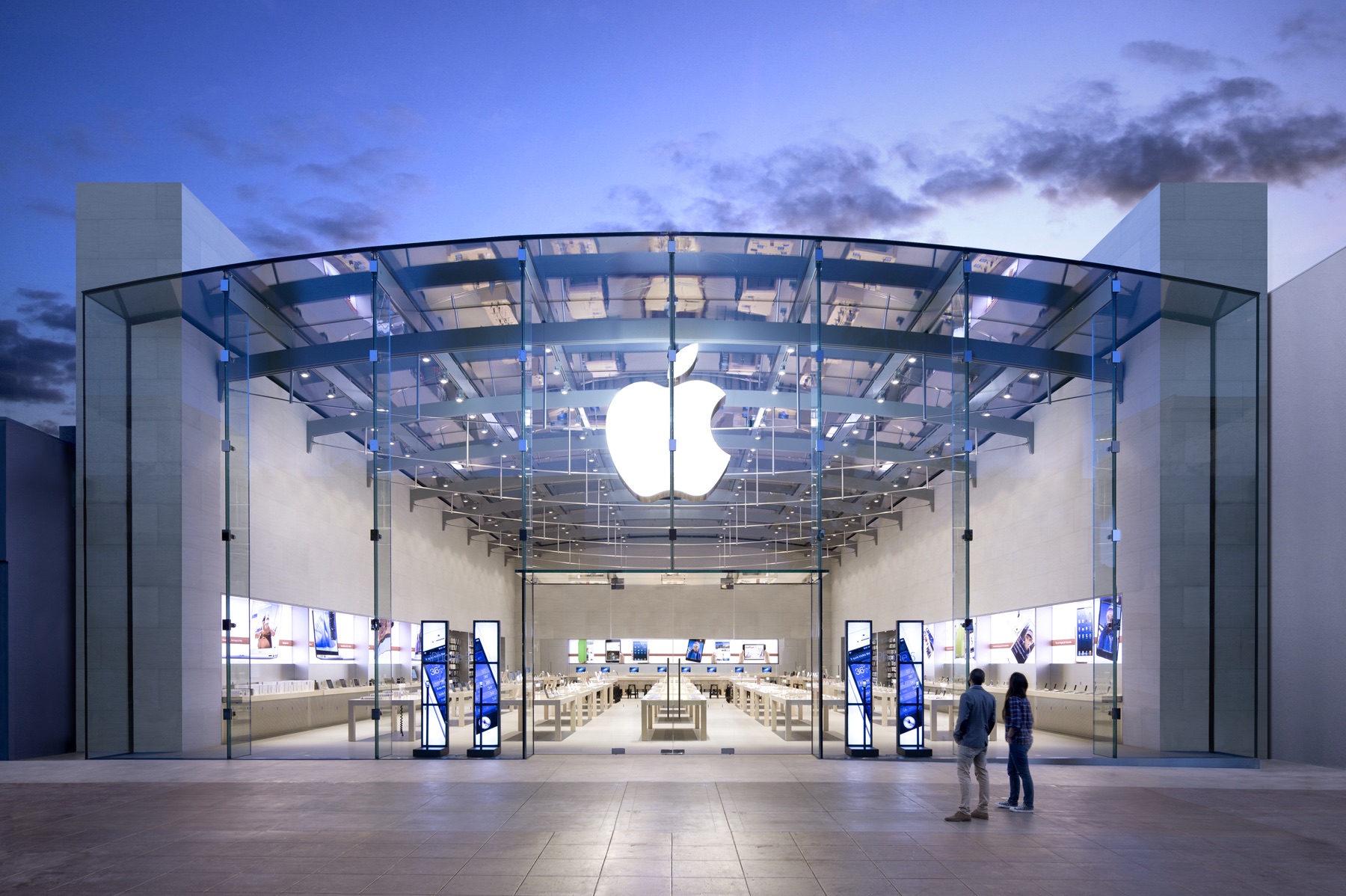
Apple CEO Tim Cook has said the recent European Commission ruling that it should pay 13 billion in back taxes to the Irish Republic as "maddening" and not based in law.
Speaking in an interview with RTE News, Cook said scale of the bill shocked the company and described the Commission's findings as political and lacking any level of fairness.
Cook added that Apple had not been given any preferential tax breaks in the country and was "very confident" that the ruling would be overturned on appeal.
"It's clear that this comes from a political place, it has no basis in fact or in law, and unfortunately it's one of those things we have to work through," he told RTE. "When you're accused of doing something that is so foreign to your values, it brings out an outrage in you, and that's how we feel. Apple has always been about doing the right thing."
He added that Apple had done nothing wrong and neither had the Irish government. Cook also disputed the Commission's assertion that Apple had in effect, paid a corporate tax rate of just 0.005%.
He said that Apple paid $400 million to Ireland and this was based on based on the statutory Irish income tax rate of 12.5%.
"We paid $400 million to Ireland, we paid $400 (million) to the US and we provisioned several billion dollars for the US for payment as soon as we repatriate it and right now I forecast that repatriation to occur next year," he said. He added that Apple was the largest corporate taxpayer in Ireland.
Get the ITPro daily newsletter
Sign up today and you will receive a free copy of our Future Focus 2025 report - the leading guidance on AI, cybersecurity and other IT challenges as per 700+ senior executives
"Right now I would forecast that repatriation to occur next year," he said.
31/08/2016: 13bn bill 'won't affect Apple's results'
The EU's demand that Apple pays Ireland 13 billion will not have any immediate impact on its financials, the company has reassured investors.
Both Apple and Ireland plan to contest the European Commission's decision yesterday that Ireland must recover 13 billion in back taxes spanning a decade from the tech giant.
The Commission ruled that Ireland gave Apple preferential treatment that amounted to state aid by allowing it to pay an effective tax rate of 1% in 2003, down to 0.05% in 2014.
However, in an FAQ for investors, Apple called that figure "extremely misleading and deceptive", saying it paid Ireland $400 million in taxes in 2014.
"We were certainly one of the largest corporate taxpayers in Ireland that year, if not the largest," the company added.
While the tech giant believes its appeal will prove successful, it will take several years for the process to be completed.
"We are confident that [the ruling] will be overturned by the courts of the European Union," Apple said, before adding: "While we desire a resolution as soon as possible, the process is likely to take several years."
However, it ruled out any impact on its tax rate or near-term financial results.
Apple said: "We do not expect any near-term impact on our financial results nor a restatement of previous results from this decision. We have previously accrued U.S. taxes related to the income in question. The tax rate guidance for Apple's fourth fiscal quarter that we provided on July 26, 2016 does not change as a result of this decision."
The EU states that Ireland must recover the full amount from Apple while it appeals the ruling, and could place it in an escrow account subject to the outcome of the appeal.
But Apple said: "At this point we do not know the size of the escrow amount, but we expect that it will be reported as restricted cash on Apple's balance sheet."
30/08/2016: Apple owes Ireland 13 billion in unpaid taxes, EU rules
Ireland must recover up to 13 billion from Apple in unpaid taxes, the EU has ruled.
Apple received unfair tax benefits that amounted to illegal state aid from the Irish government for 24 years, the European Commission said today. However, both Ireland's finance minister and Apple plan to appeal the decision.
The arrangement gave the tech firm unfair advantages over other companies, the Commission found, allowing it to pay an effective corporate tax rate on its European profits of 1% in 2003, dropping to just 0.005% in 2014.
"Member States cannot give tax benefits to selected companies this is illegal under EU state aid rules," said the EU's antitrust chief, Margrethe Vestager. "The Commission's investigation concluded that Ireland granted illegal tax benefits to Apple, which enabled it to pay substantially less tax than other businesses over many years."
The Commission's investigation, which started in June 2014, centred around two tax rulings issued by the Irish government in 1991 and 2007, which stood until 2015.
Calling them "comfort letters" to Apple, the Commission said the rulings established what constituted taxable profits for two of Apple's Irish businesses in ways that "did not correspond to economic reality".
Both Apple Sales International, responsible for selling Apple products in Europe, and Apple Operations Europe, which manufactured computers for Apple, allocated the majority of their profits to internal head offices, and only a fraction to their Irish branches that were subject to tax in Ireland.
Apple Sales International's head office had no employees, no premises, and was not based in any particular country, meaning the profits allocated to them were not taxed at all.
For example, Apple Sales International recorded $22 billion in profit in 2011, but only 50 million was subject to tax in Ireland, effectively giving Apple a corporate tax rate of 0.05%.
As Apple's profits subsequently increased, its Irish branch allocation of those profits did not, meaning its tax rate fell to 0.005% in 2014.
The Commission said: "The Commission's investigation has shown that the tax rulings issued by Ireland endorsed an artificial internal allocation of profits within Apple Sales International and Apple Operations Europe,which has no factual or economic justification."
The EU pointed out that the ruling does not question Ireland's existing corporate tax rate of 12.5%. While the tax arrangements date back to 1991, under the EU's rules it can only order Ireland to recover ten years of back taxes from the date of its investigation.
Michael Noonan, Ireland's finance minister, said he will seek the Irish Cabinet's approval to appeal the ruling.
He said in a statement: "The decision leaves me with no choice but to seek Cabinet approval to appeal the decision before the European Courts. This is necessary to defend the integrity of our tax system; to provide tax certainty to business; and to challenge the encroachment of EU state aid rules into the sovereign Member State competence of taxation.
"It is important that we send a strong message that Ireland remains an attractive and stable location of choice for long-term substantive investment. Apple has been in Ireland since the 1980s and employs thousands of people in Cork. The company has continued to expand its operations in Ireland in recent times."
Apple also said it will appeal the ruling, claiming it will harm job creation and investment across Europe.
A spokeswoman for the firm said in a statement: "The European Commission has launched an effort to rewrite Apple's history in Europe, ignore Ireland's tax laws and upend the international tax system in the process. The Commission's case is not about how much Apple pays in taxes, it's about which government collects the money. It will have a profound and harmful effect on investment and job creation in Europe.
"Apple follows the law and pays all of the taxes we owe wherever we operate. We will appeal and we are confident the decision will be overturned."
-
 Bigger salaries, more burnout: Is the CISO role in crisis?
Bigger salaries, more burnout: Is the CISO role in crisis?In-depth CISOs are more stressed than ever before – but why is this and what can be done?
By Kate O'Flaherty Published
-
 Cheap cyber crime kits can be bought on the dark web for less than $25
Cheap cyber crime kits can be bought on the dark web for less than $25News Research from NordVPN shows phishing kits are now widely available on the dark web and via messaging apps like Telegram, and are often selling for less than $25.
By Emma Woollacott Published
-
 EU opens antitrust probe into Play Store's billing guidelines
EU opens antitrust probe into Play Store's billing guidelinesNews The European Commission will investigate whether developer fees and billing terms put forth by Google’s Play Store are adequate
By Praharsha Anand Published
-
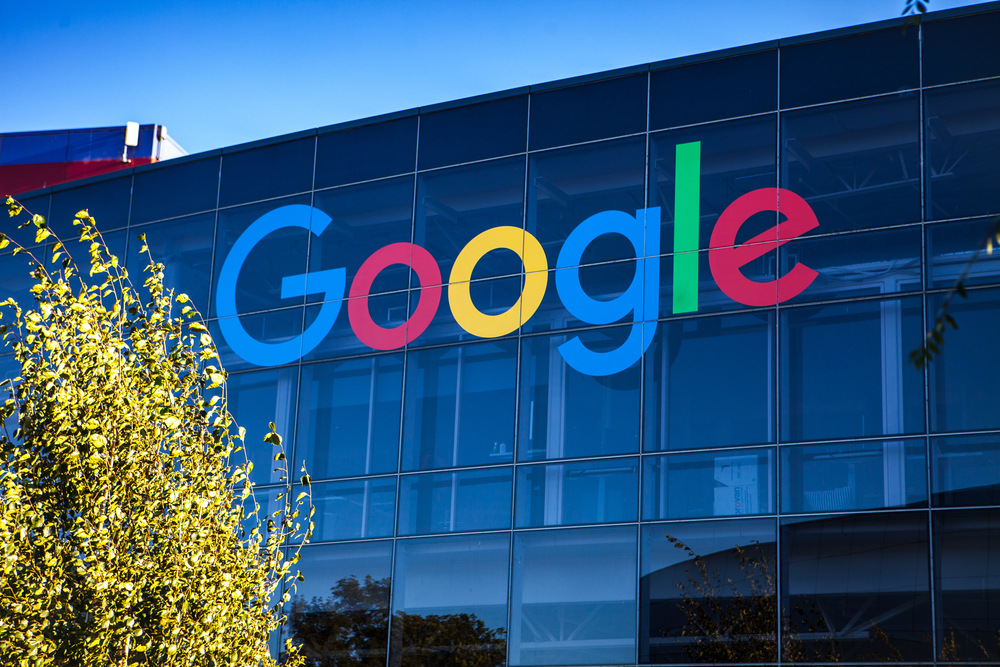 Google settles tax payment in Ireland
Google settles tax payment in IrelandNews Company makes settlement for back tax and interest payments
By Danny Bradbury Published
-
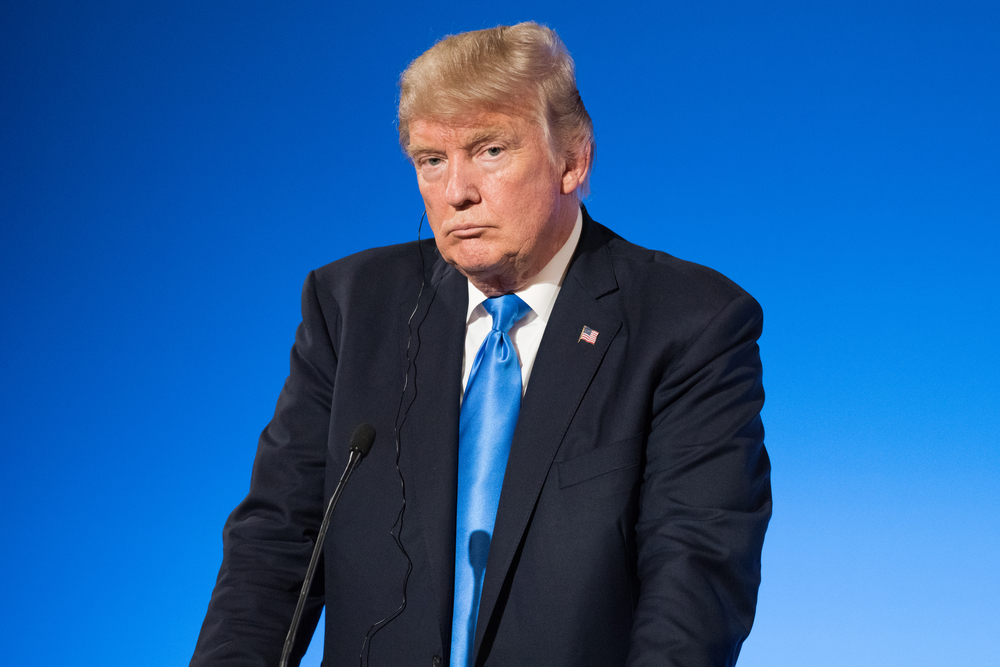 Trump slams EU's £3.8bn Android antitrust fine
Trump slams EU's £3.8bn Android antitrust fineNews The President accused the EU of taking advantage of the US... “but not for long!”
By Keumars Afifi-Sabet Published
-
Google readies itself for 'record fine' in Android antitrust case
News The European Commission is set to issue a record penalty to the tech giant tomorrow - reports
By Bobby Hellard Published
-
 Google faces an $11 billion EU fine for Android's market dominance
Google faces an $11 billion EU fine for Android's market dominanceNews The European Commission believes Android is anti-competitive and may slap Google with a fat fine to keep it in check
By Vaughn Highfield Published
-
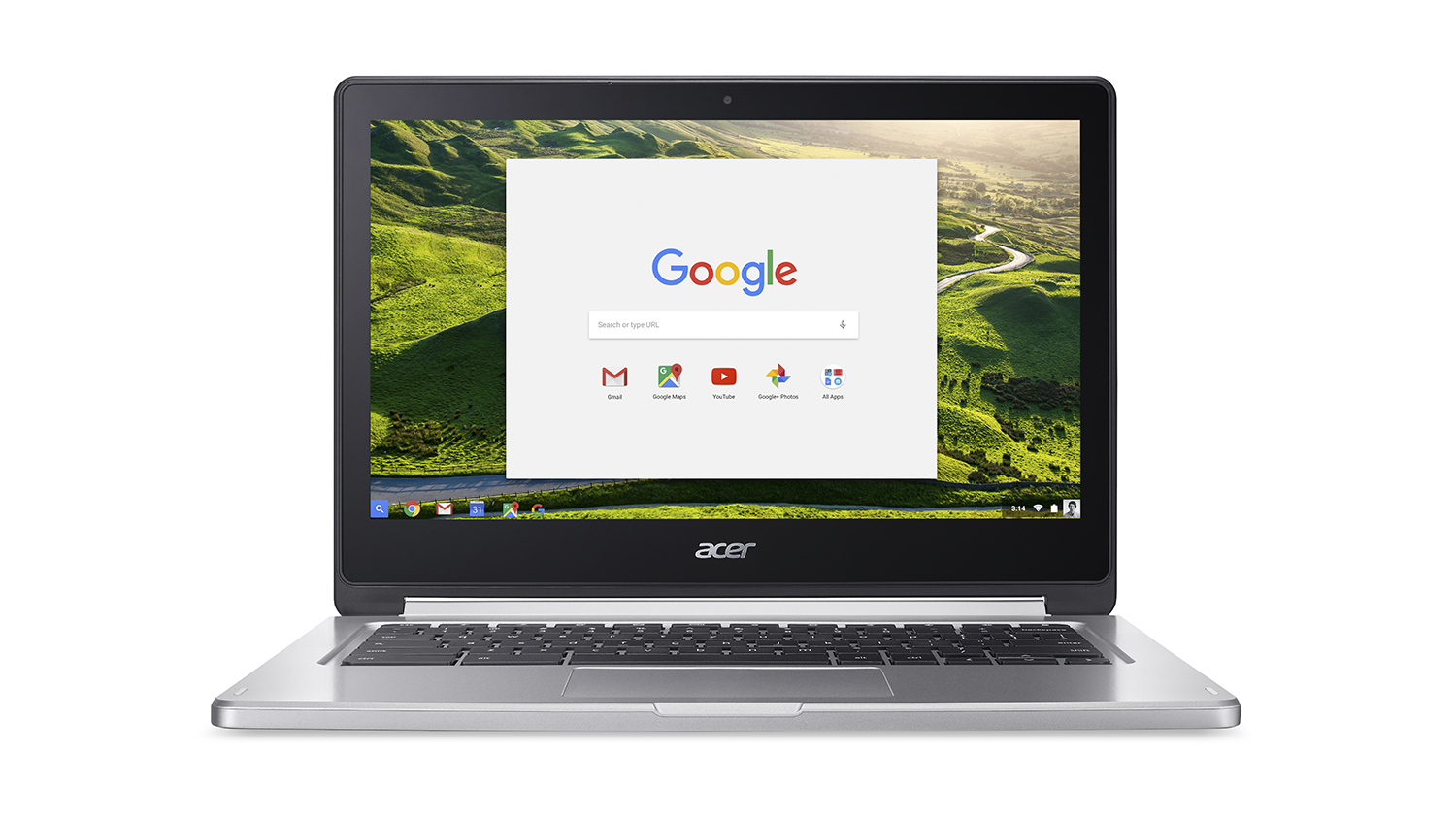 Researcher says criticising Google cost him his job
Researcher says criticising Google cost him his jobNews Barry Lynn sets up new group to address platform monopolies after being pushed out at Google-funded New America
By Nicole Kobie Published
-
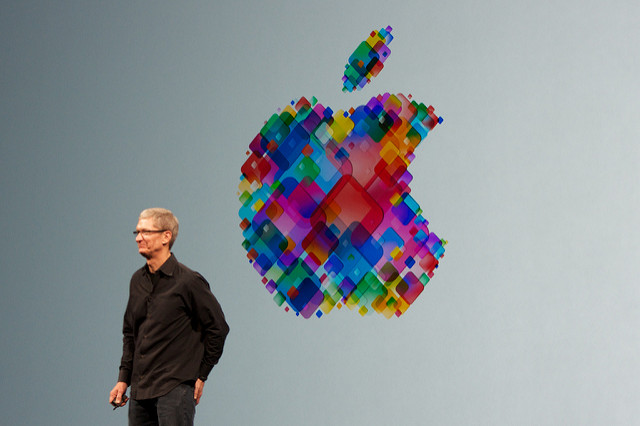 US may intervene in Apple's €13 billion EU tax appeal
US may intervene in Apple's €13 billion EU tax appealNews Report - Trump administration wants to involve itself with Apple's Irish tax case
By Zach Marzouk Published
-
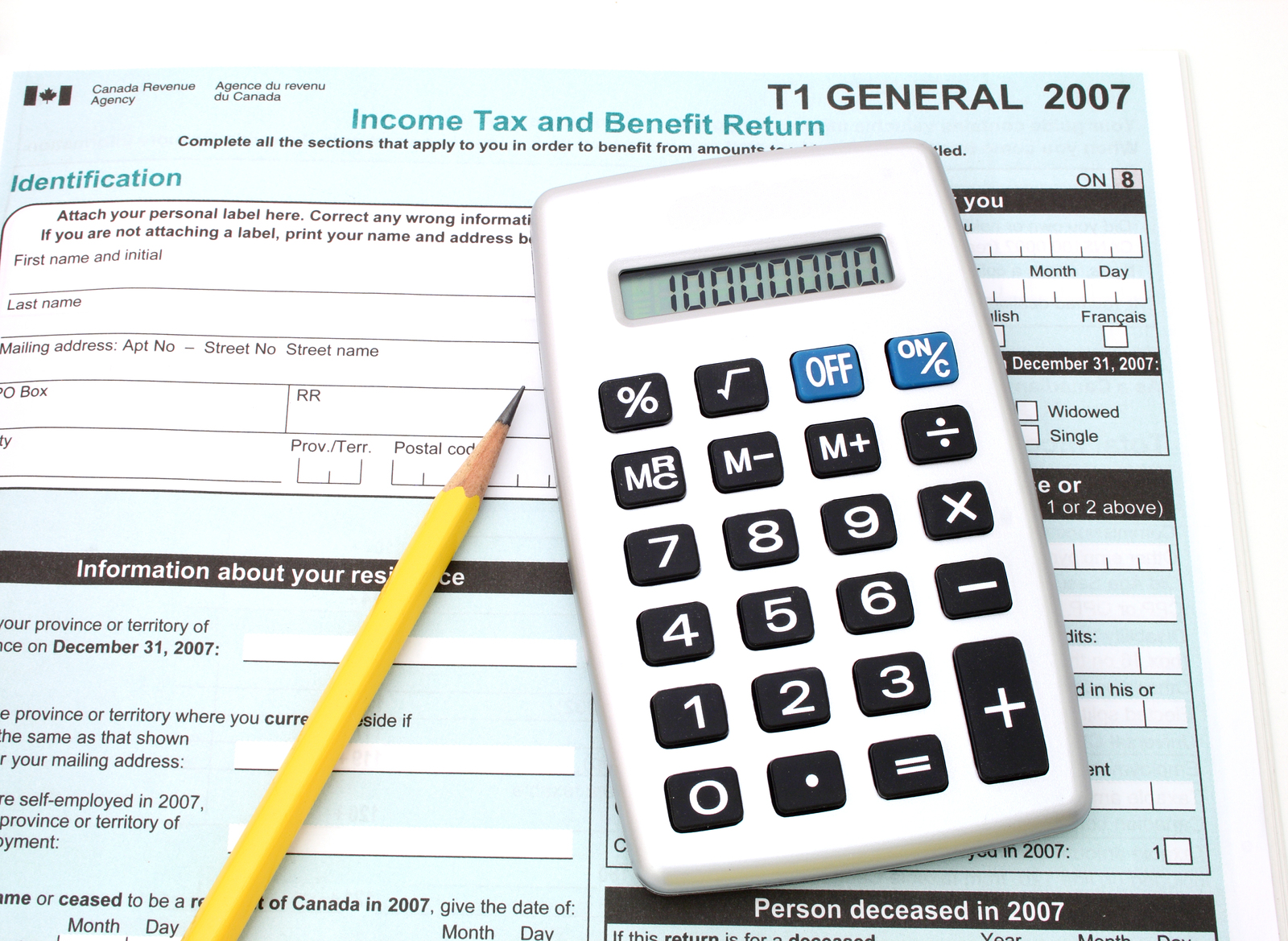 Google's tax bill was £36m last year
Google's tax bill was £36m last yearNews The company said it has paid what is due, even though there's a £5 billion discrepancy in sales vs. turnover
By Clare Hopping Published

